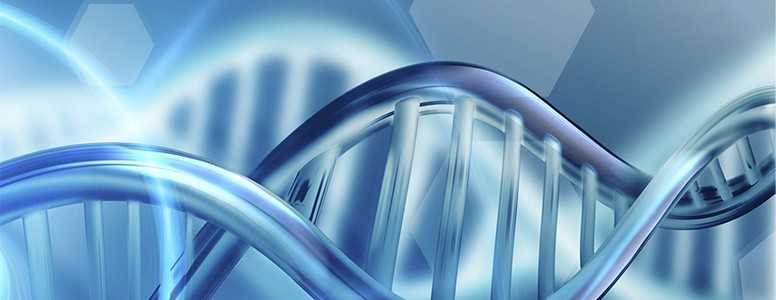The most suitable diet for individuals might vary because of their genetics, according to a new US study.
William Barringto, Ph.D, North Carolina State University, reports that different individuals have different optimal diets, and this is likely dependent on the genetic composition of the individual eating the diet.
People with diabetes have been recommended to eat a high-carb, low-fat diet over the last 30 years by organisations such as the NHS. But modern research is showing that a low-carb, high-fat diet is not only more beneficial for blood glucose levels; it can also decrease dependency on medication.
In this new study, Barrington and colleagues used four mouse strains, all of which shared the same genetics. This meant they represented the genetics of one person. Any genetic differences between two strains were similar to that of two unrelated humans.
The mice were fed one of four diets: a traditional Japanese diet; a traditional Mediterranean diet; a high-fat, low-carb (ketogenic) diet; or a high-calorie Western diet. Some mice served as controls and were fed standard mouse chow.
The mice were not limited as to how much they could eat, and the researchers monitored their food consumption.
The researchers uncovered a variety of findings that seemed to indicate the effects of each diet were strongly dependent on the strain of mice.
For example, the mice eating the Western diet tended to have negative health effects such as obesity, fatty liver disease and higher cholesterol. But one strain of mice on this diet appeared to be resistant to any negative health effects.
The ketogenic diet showed evidence of increased calorie burning in most strains. However, another strain that ate this diet had increased obesity and symptoms of metabolic syndromen, and were healthier on the Western diet.
“Some mice on specific diets simply ate more calories, and this caused them to become obese. However, mice on other diets ate less but still became obese,” said Barrington.
“Given the metabolic and genetic similarity of humans and mice, it is highly likely that the level of diversity of diet response seen in our study will also be observed in humans.
“Since there are different optimal diets for different individuals, this underscores the need for precision Nutrition, which would identify optimal dietary patterns for each person.”
Barrington will present these results at The Allied Genetics Conference, and his team is now working towards identifying the genes involved in the varying responses to diets.
What's new on the forum? ⭐️
Get our free newsletters
Stay up to date with the latest news, research and breakthroughs.





